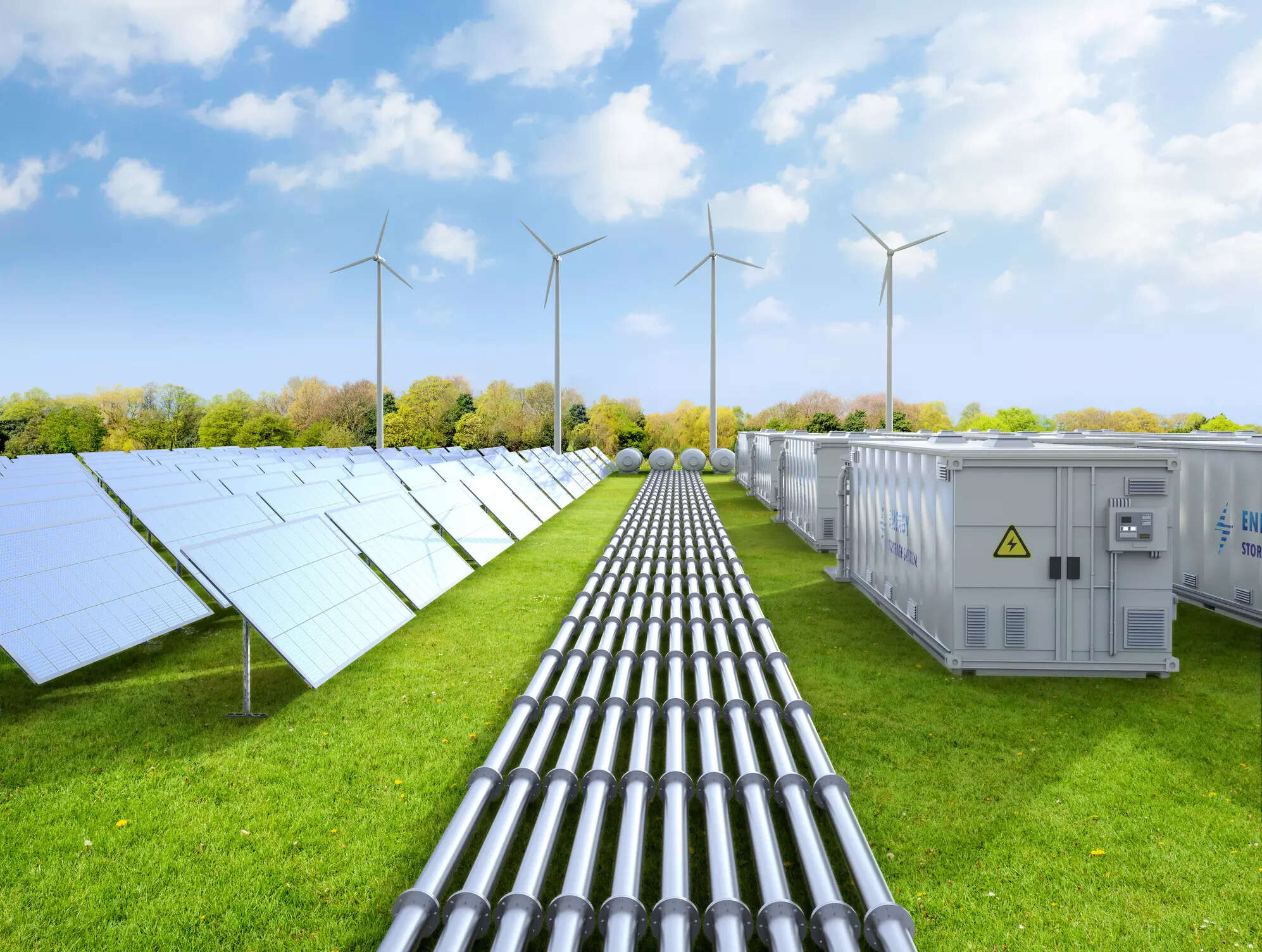
New Delhi: Diverting focus away from reduction of emissions to singling out a particular fossil fuel like coal will undermine the fight for reduction of emissions, the power ministry said while giving its view on an initiative to phase out unabated coal to be proposed at COP28, said people with knowledge of the matter.
In its view sent around the beginning of United Nations’ annual climate change conference to the ministry of environment, forest and climate change, which is leading the discussions at COP28 in Dubai, the power ministry cleared its stance on coal power, stating that until storage and abatement technologies become a viable option, phasing out of the fuel cannot be agreed to, said the people. The power ministry said what should matter is which country is emitting how much, on a per capita basis, whatever be the source of their emissions, according to the response, a copy of which was seen by ET.
India refrained from signing the Global Renewable Energy and Energy Efficiency Pledge at COP28 aimed at tripling renewable energy capacity to at least 11,000 GW by 2030.
India was a strong force behind the G20’s New Delhi declaration in September which adopted a similar text, but the COP28 pledge had a caveat that aimed for phasing down of unabated coal power.
“Phasing down or phasing out of unabated coal cannot be agreed to till the time storage and abatement technologies become viable,” said one of the persons cited earlier, who did not wish to be identified.
More than 50% of India’s electricity needs are met by coal-based power plants. India needs stable and affordable sources of energy, as its energy demand is continuously growing and is expected to reach a peak of 335 GW by 2030.
The country does have ambitious targets for adding clean energy capacities. It is aiming for 500 GW of renewable energy capacity by 2030 and has laid out a trajectory to bid out 50 GW of such capacity every year for five years from this financial year.
India is committed to achieving its nationally determined contributions (NDCs) commitment of having 50% share of non-fossil fuel installed electricity capacity by 2030. It expects the share of non-fossil fuels to surpass NDCs and have around 65% in the total installed capacity by 2030, the ministry said. However, renewable energy is not available round the clock, it said.
The power ministry said to make power affordable and available round the clock and to avoid any scenario of load shedding in future, India will need to add 80 GW of thermal capacity by 2032 while pursuing an increased share of renewables in the energy mix.
Earlier India was expecting this capacity to be 50 GW, but it was increased by 30 GW amid growing demand in the country and it is expected to rise further.
The ministry said that instead of pushing developing countries to cut their emissions, the developed countries need to accelerate their mitigation efforts to allow a fair share of remaining carbon space to be available to developing countries.

